Doing DIY projects at home can be very rewarding. There’s a unique satisfaction in creating or improving your living space with your own hands. Whether you are experienced or just starting, these projects can change how you feel about your home. The excitement of making improvements, the joy of creating, and the comfort of adding personal touches make all the work worthwhile.
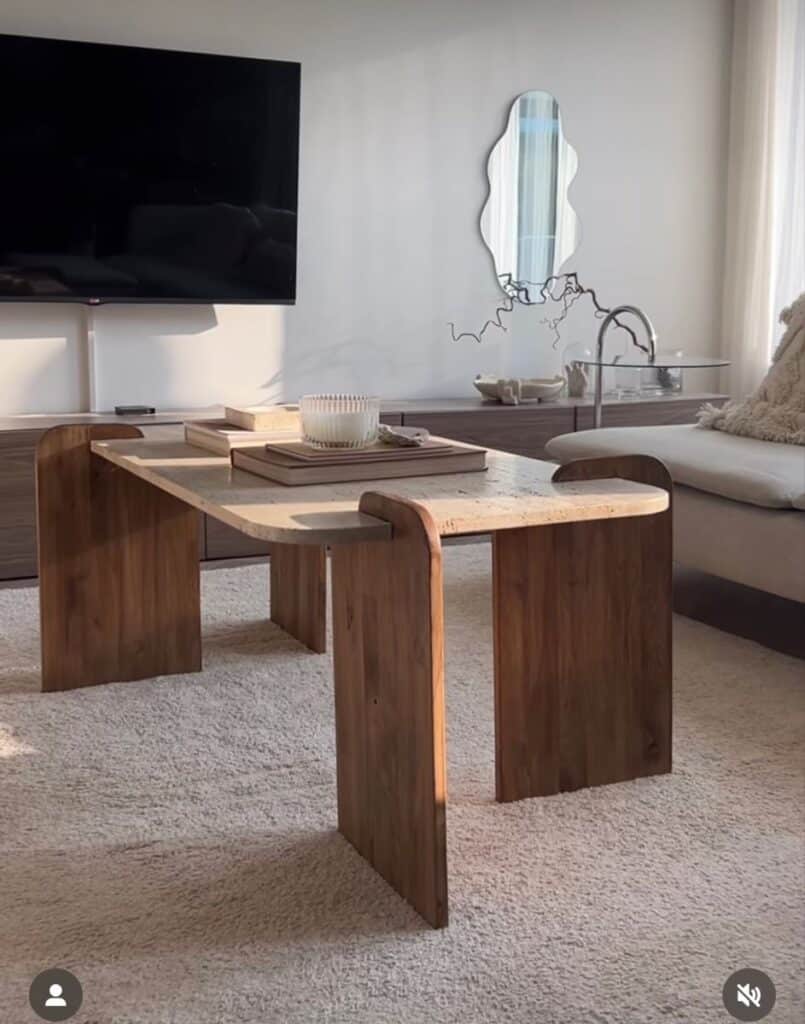
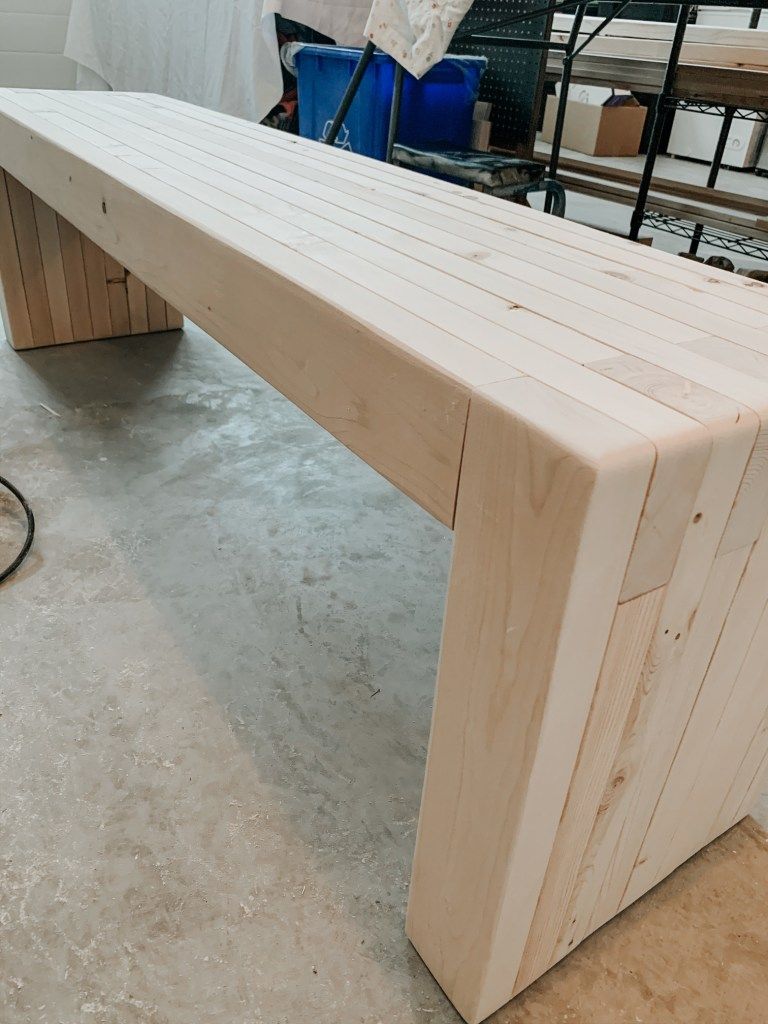
If you’re not sure where to start, consider enhancing your garden or finally finishing that home renovation you have been putting off. The beauty of DIY is that you can select projects that suit your skills and interests while enjoying the process.
Ready to begin? Here’s how to work on home DIY projects effectively.
Planning and Design
Before you start, you need a solid plan. Write down your ideas or use digital design tools to visualize your project. Think about how you want your space to look after the changes. Sketching layouts or finding inspiration online can help spark your creativity.
After you have a clear concept, break the project into smaller tasks. Outlining each step helps keep you organized. Consider creating a timeline to stay on track so you have the right materials and tools at the right time. Good preparation helps ensure a smoother project experience.
Essential Tools
Having the right tools is important for your DIY projects. Investing in quality tools leads to better results and a more enjoyable experience. Instead of buying everything at once, start with the essentials. A good hammer, measuring tape, level, and drill are great basic tools.
As you take on more projects, you can add tools based on what you need. You should go shopping at a Milwaukee tool store for the right supplies.
Choosing Materials
The materials you choose can affect how your project turns out. Quality matters. For example, using high-quality paint can significantly improve a room’s appearance. If you install shelves, make sure to use strong wood or metal to ensure they last.
Before buying materials, do some research. If you have questions, local hardware store employees can often give helpful advice. Whether you want eco-friendly materials or the best prices, asking questions can help you make informed choices that match your project goals.
Learning and Skills
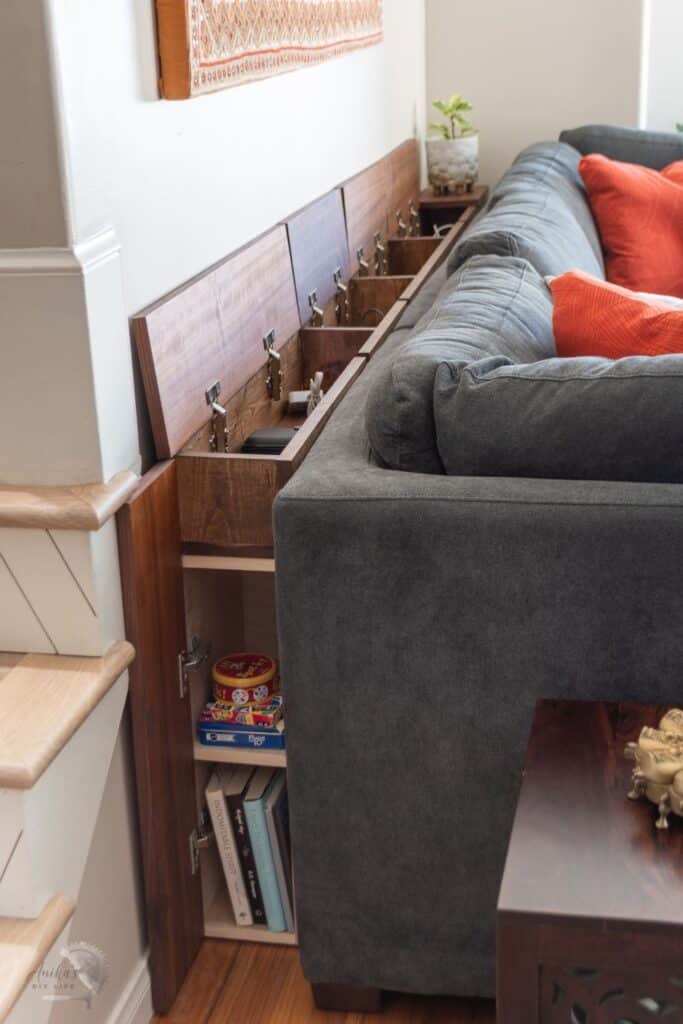
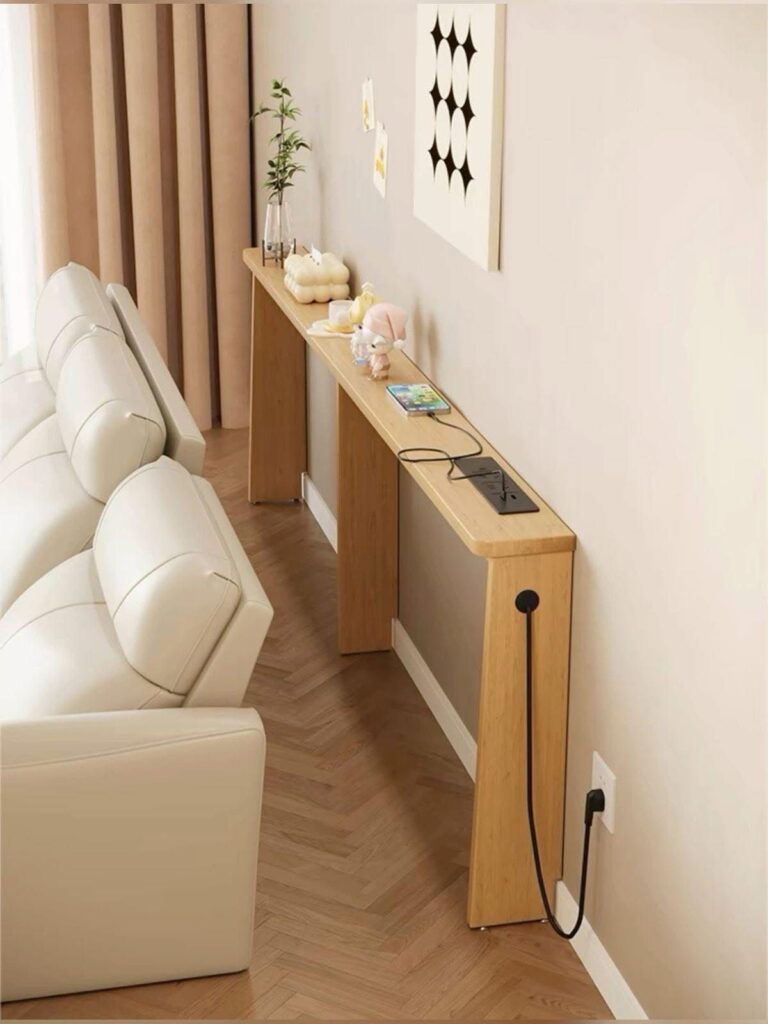
One of the best parts of DIY is learning. Every project teaches you something new, from basic skills to more advanced techniques. Video tutorials and online resources can help guide you through the process. You might find helpful tips that make your project easier.
Feel free to ask for help or join local DIY groups, online or in person. Meeting others who share your interests can motivate you. Working together on projects, big or small, can spark new ideas and solutions you might not think of alone.
Safety First
Safety is always important when starting DIY projects. Before you begin, take a moment to check your surroundings and tools. Wear protective gear like goggles, gloves, and masks to avoid injuries. Always read the safety instructions for your tools and materials.
Keeping your workspace clean is also key. A tidy area lowers the chance of accidents. Take breaks to avoid fatigue, which can lead to mistakes. Staying focused and safe makes your DIY experience better.
After the Project
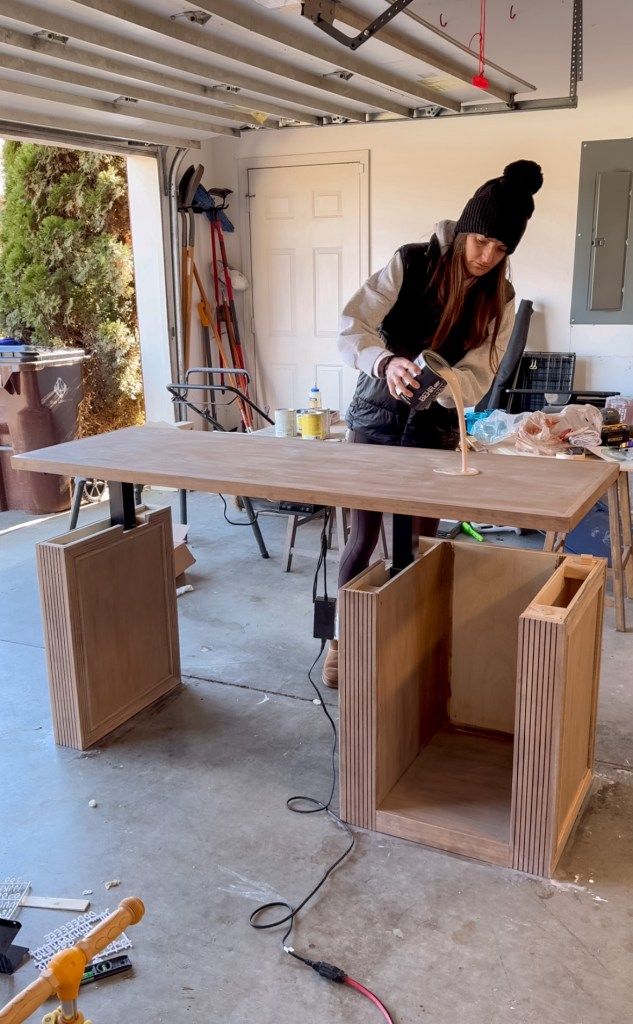

When you finish your project, take a moment to enjoy what you’ve made! This step is important, though often forgotten. Share your accomplishment with friends or family and ask for their feedback.
Cleaning up after is just as important. Dispose of leftover materials responsibly and organize your tools for future projects. Documenting your work with photos or notes can create a record and inspire future ideas.
Transforming your home with DIY projects is an exciting journey full of creativity, learning, and satisfaction. With careful planning, the right materials, and safety in mind, you can make your ideas a reality. So, gather your tools, sketch your plans, and let your creativity shine! It’s fulfilling to see your vision come to life in your own space.
Budgeting for Your Project
Managing your budget is essential for a successful DIY project. Before you start, estimate how much you will spend on materials, tools, and any other expenses that may come up. Make a detailed list of everything you need and compare prices at different stores to find the best deals.
Setting a budget helps you stay on track and avoid overspending. Remember to add a small amount for unexpected costs, so you are prepared if something doesn’t go as planned.
Celebrating Your Achievements
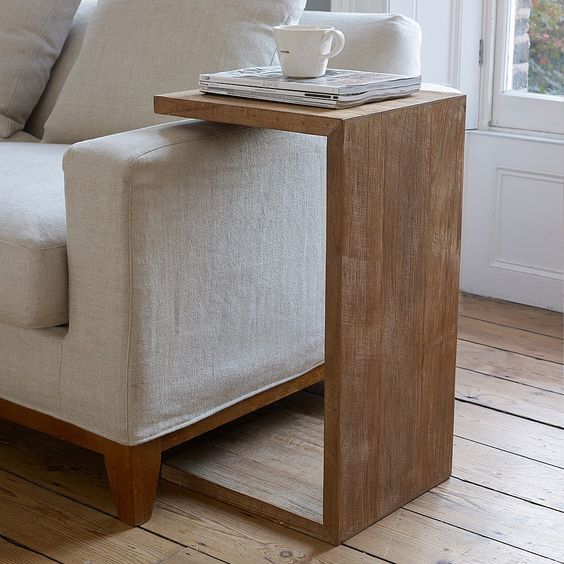
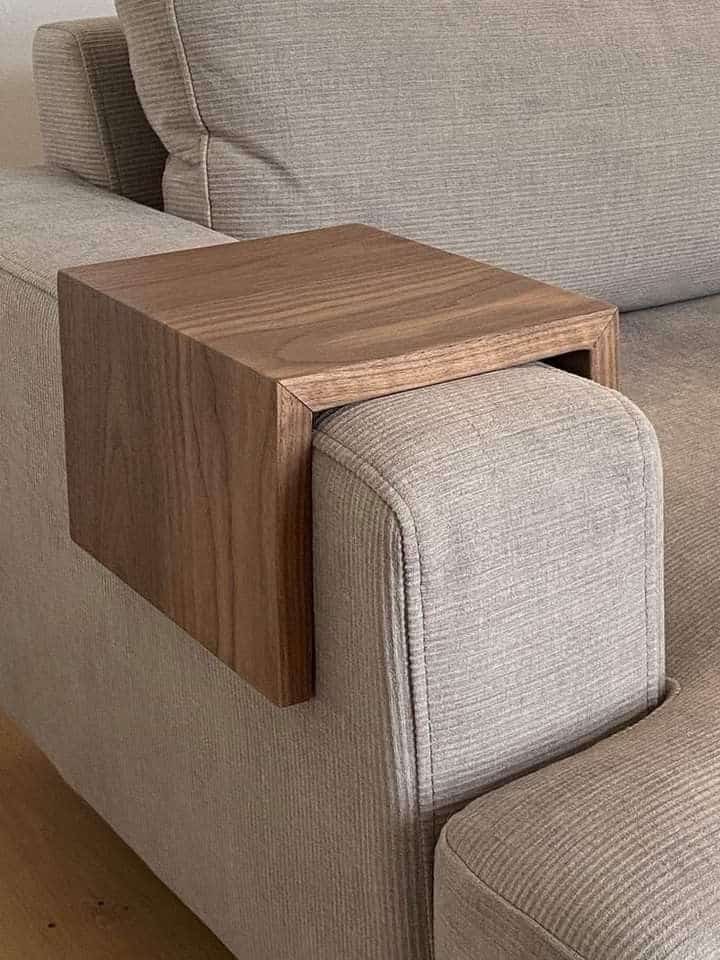
After finishing your project, take time to celebrate what you’ve done. You might want to host a small gathering with family and friends to showcase your work. Taking photos during the process and of the final product is a great way to remember your achievement.
Sharing your experience on social media or in DIY groups can inspire others and give you helpful feedback. Celebrating your accomplishments not only recognizes your hard work but also motivates you for future projects.
- 3shares
- Facebook0
- Pinterest0
- Twitter3
- Reddit0



